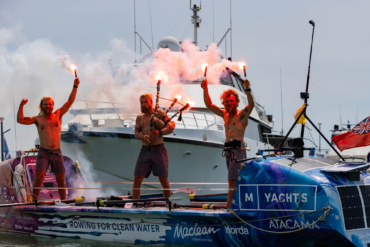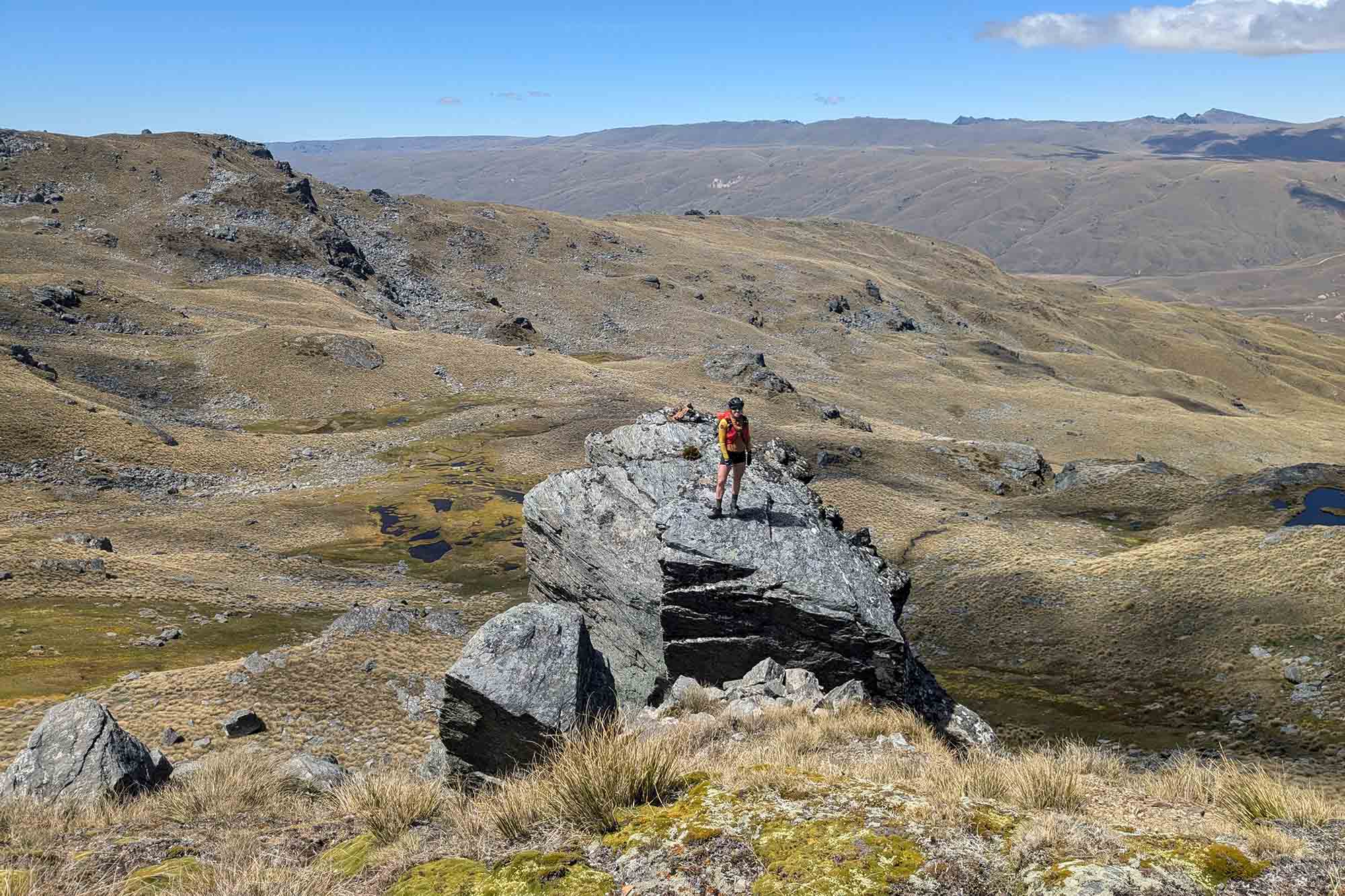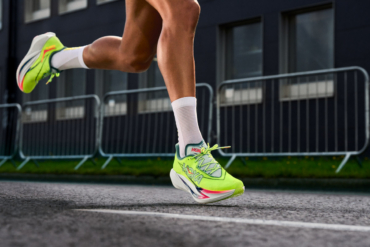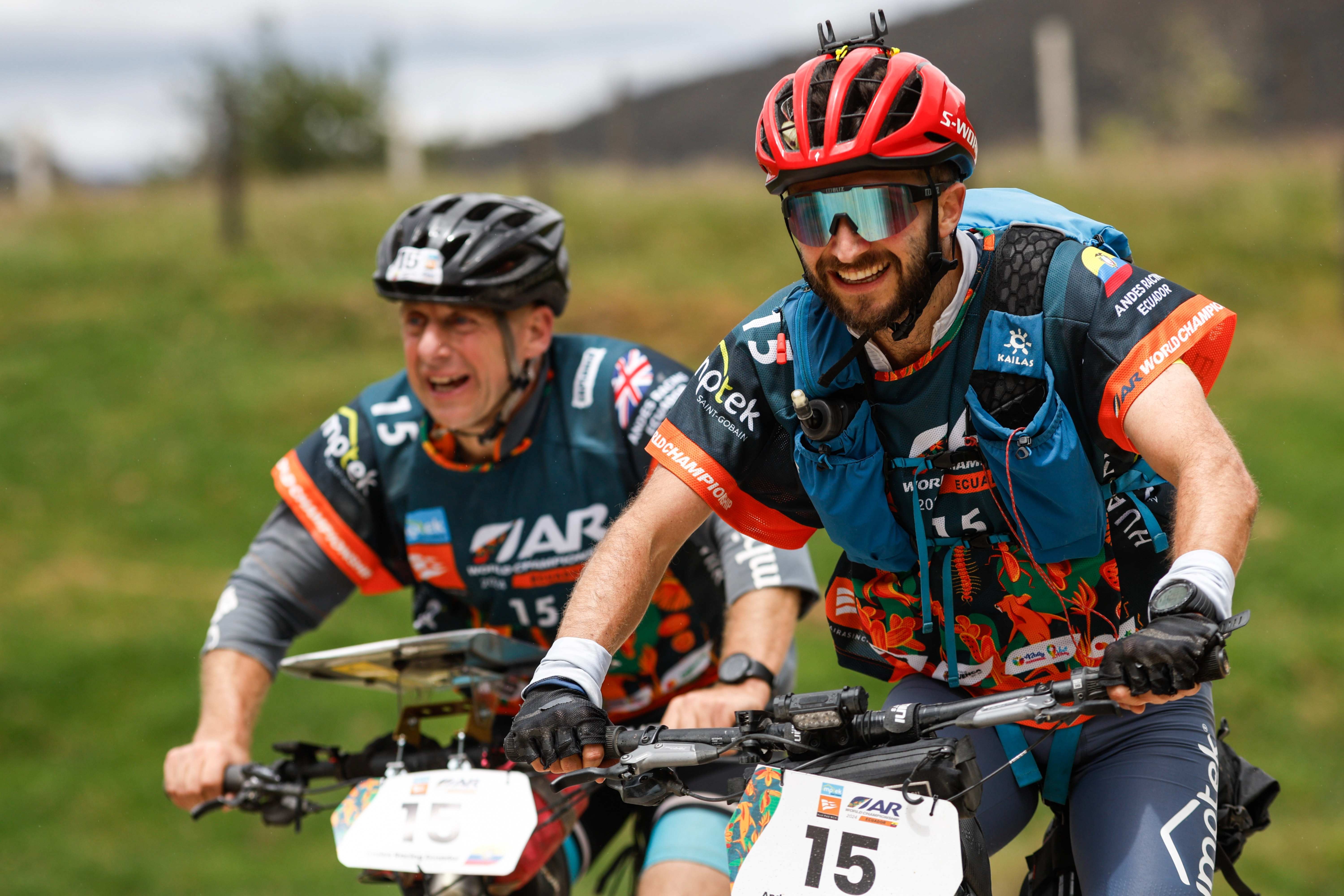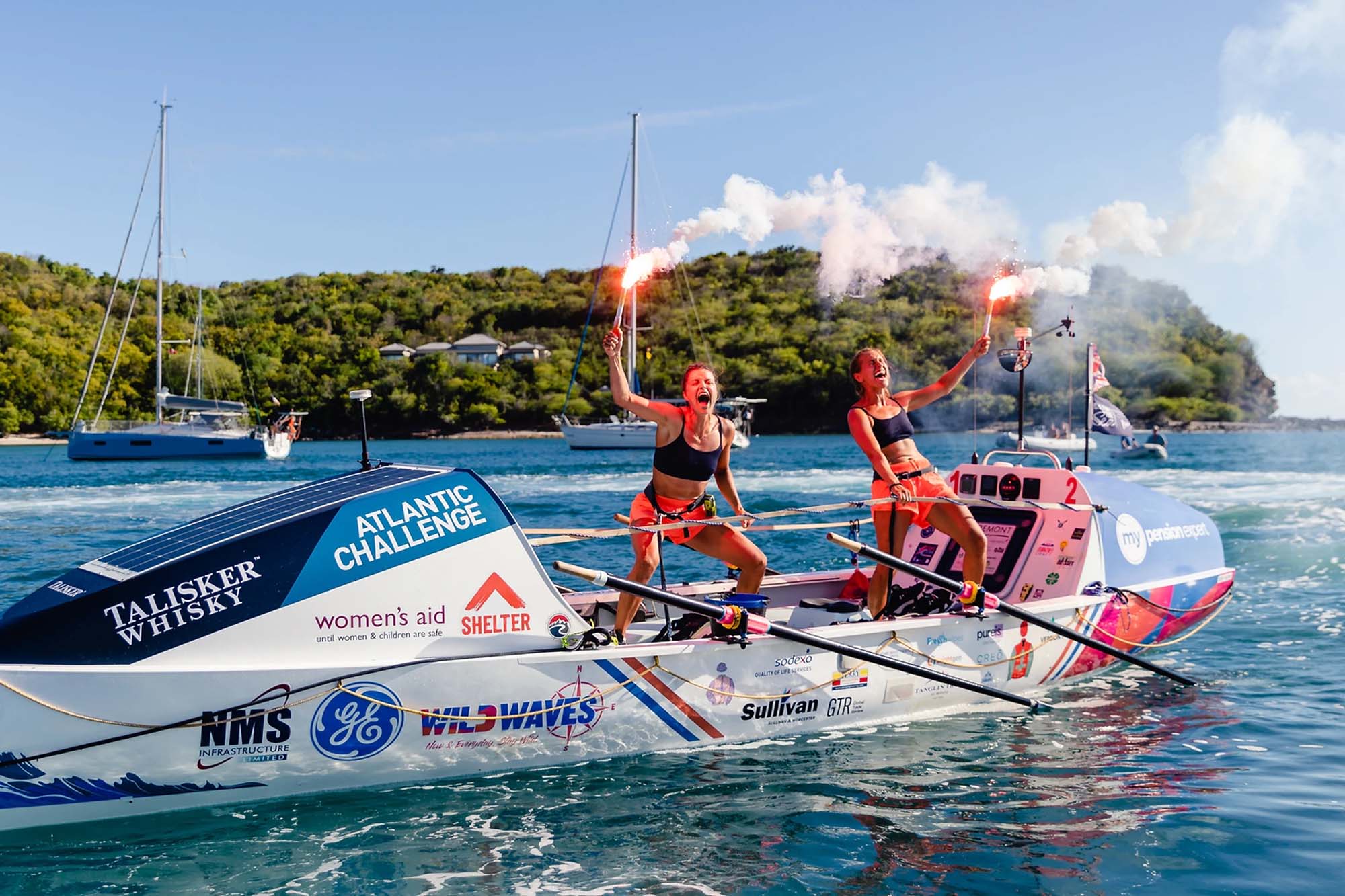Contributor Trish Riley reported live from the Costa Rica Adventure Race, which featured a 500km coast-to-coast course through northern Costa Rica. The inaugural event, part of the AR World Series, was held August 23 to 27 and drew an international roster of 18 race teams.
Bouncing down mountain roads, we hit the coastal plain and smooth pavement as another tropical night enveloped Costa Rica. Out of thick darkness a cluster of bikes flashed in our headlights. We stopped. Helena Compignie of the French Team Wenger was helping to fix a flat by flashlight. “The hardest part is staying awake. My mind wants to keep my eyes open, but my body wants to sleep,” she said.

We were chasing competitors in the inaugural Costa Rica Adventure Race, a five-day, 500-kilometer dash, including biking, zip-lining, whitewater rafting, and kayaking across mountains and rainforest to the Pacific coast. We had just come upon the Team Wenger, caked with mud, feet split with fissures.
This year’s race is one of nine championship races around the planet that are a part of the AR World Series. The winners of the Costa Rica race would be entered to compete in the grand finale, Raid Bimbache, in Castilla, Spain, in early October, 2010. The Costa Rica Adventure Race began with rafting at Sarapiquí, then on to kayaking on Lake Arenal with checkpoints tucked around its shores, its volcano roaring and spitting smoking lava rocks above.
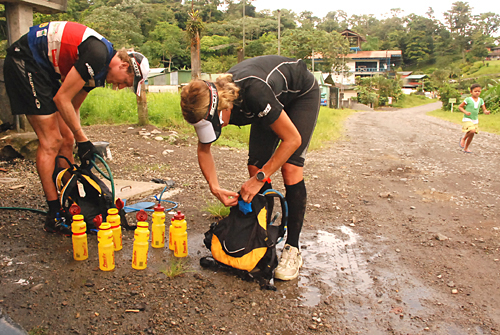
Next day in the cloud forest at Monteverde, we chatted with Loreto Fuentes Garcia, of Spain’s Bimbache team. She looked stunningly beautiful in spite of it all. Asked why she put herself through such trials, she suggested we discuss that after the race was over, then biked off with her team into the rainy jungle, bound for the seashore.
By the third day, two teams had already bailed: Finland’s Omjakon and Brazil’s Quasar. “Their feet were totally destroyed,” said Alejandro Martén, a photographer who’s also a racer. “Those who take time to stop and put on dry socks will be the ones to go the distance. It’s a test of the mind and body. . . you realize no matter how tough things get in life, you can deal with it.”
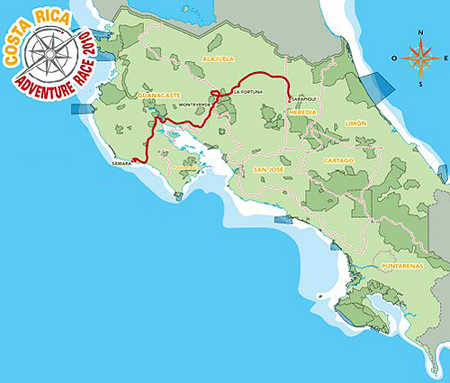
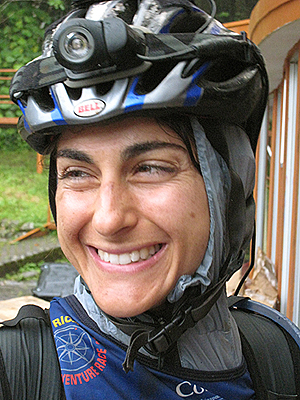
The final morning, around a sunny breakfast at Villas de Sámara with the Explore Team of Sweden, who’d won the race the night before in a time of 84 grueling hours, the Wenger team arrived. They took a celebratory turn around the pool in a golf cart to scattered applause, basking in endorphin-soaked glory.
Waving to Team Wenger, Jari Kirkland of Team Explore shared stories of landslides and raging rivers. “I looked at Per [Vestling] and only his handlebars were above water.” The team had four pairs of fresh shoes stashed to keep their feet dry.
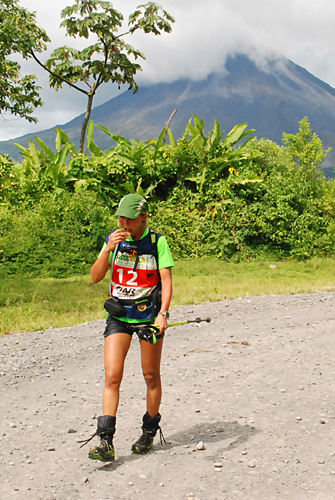
“You have a lot of experiences you don’t have in normal life,” explained Fuentes Garcia as she joined the hotel’s wounded. “One minute you’re thinking, ‘this is terrible, I can’t do anything.’ Then the next, ‘I came here to climb this mountain, and I’m going to do it!’”
Fuentes Garcia stuck it out with the support of her team, including her husband, David. The pair married just before the Wenger Patagonian Expedition Race in 2008. The race was their honeymoon, with a few days at an island resort. “It wasn’t much of a honeymoon,” she recalled, “but this is what we love to do.”
—Trish Riley is a freelance writer and publisher of www.gogreennation.org.
